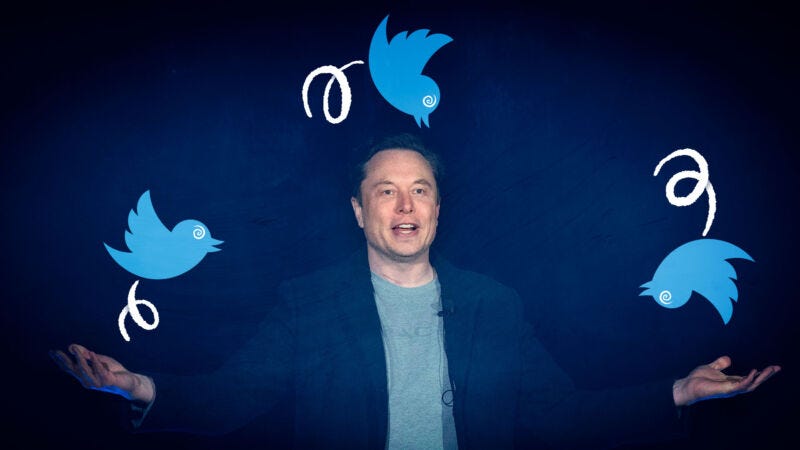Critics of Elon Musk's Free Speech Promise Are Now Critical of Twitter's Censorship in Turkey
Last year Matthew Yglesias warned that, "Musk's free speech absolutism is a threat to democracy." Today he sounded the alarm that Musk isn't doing enough to protect free speech in Turkey.
The same left-wing journalists, pundits, politicians, and academics who criticized Elon Musk’s plan to protect free speech on Twitter are now sounding the alarm that the billionaire is not doing enough to protect free speech on the platform.
Elon Musk's promise to make Twitter a platform for "free speech" was met with overwhelming concern from Democrats…




